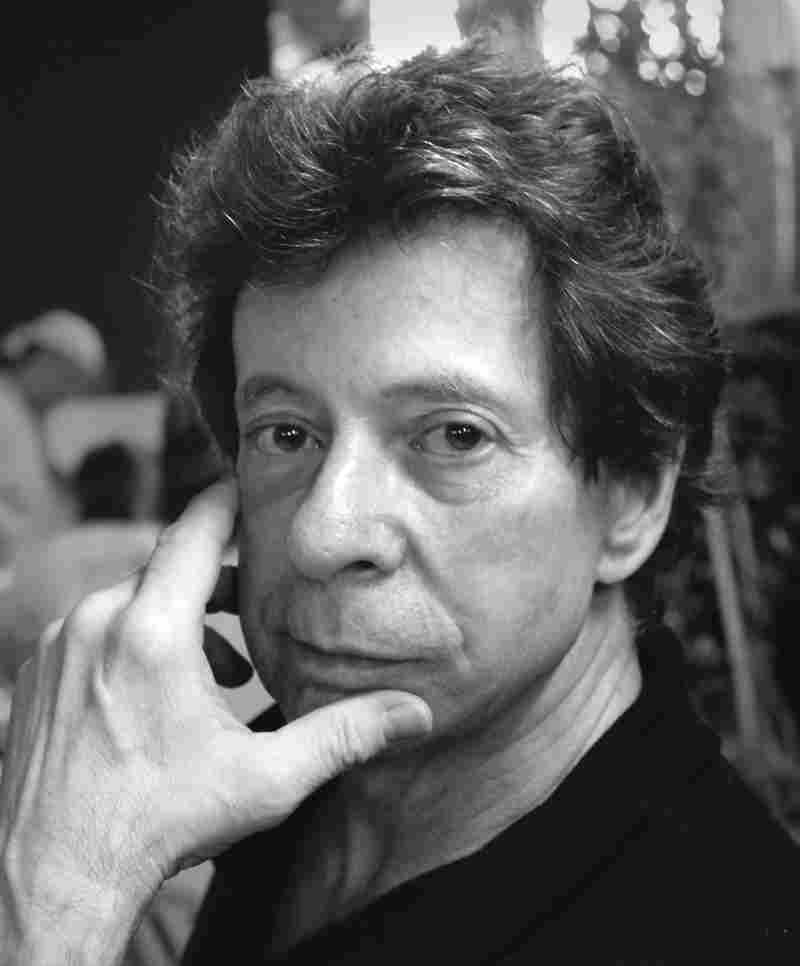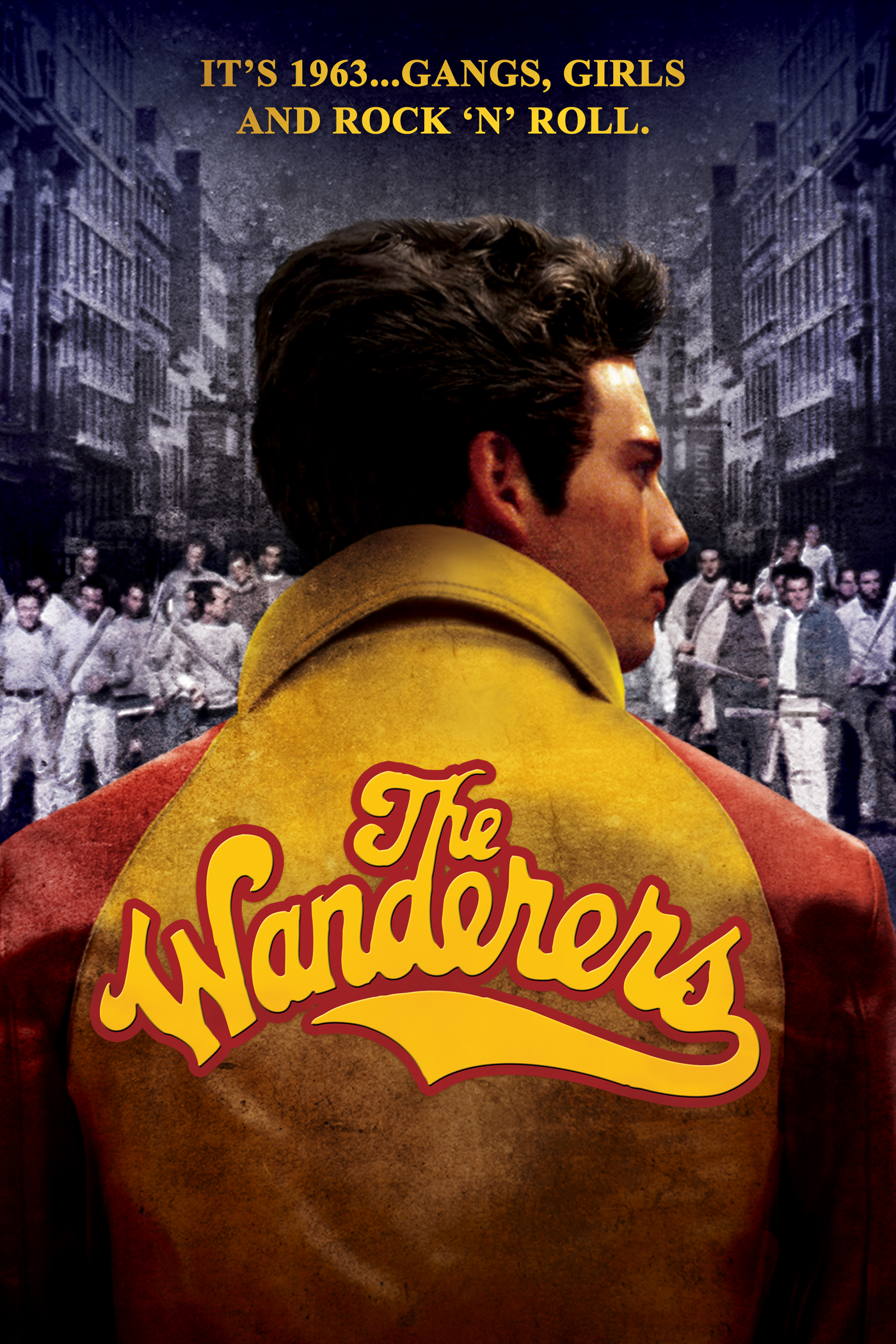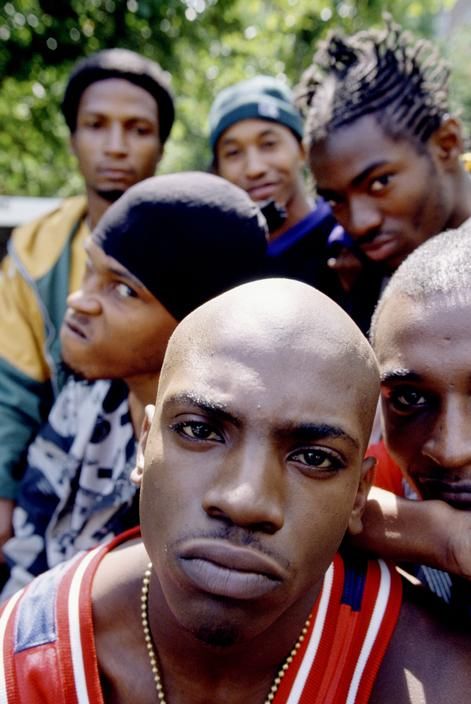 Gimlet-eyed and grim, Richard Price writes about America’s underbelly with a panache that makes even the bitterest of truths easier to swallow. As fluent in the medium of cinema and television as he is in literature, the sixty-six-year-old native New Yorker seemingly has had his hands in all the best fictional explorations of class, race, urban life, and, yep, crime for five decades now. His influence is so vast that its scope is sometimes overlooked. To amend that, I’ve worked out a few handy honorariums should there ever be a Price-only awards ceremony. (There should be.)
Gimlet-eyed and grim, Richard Price writes about America’s underbelly with a panache that makes even the bitterest of truths easier to swallow. As fluent in the medium of cinema and television as he is in literature, the sixty-six-year-old native New Yorker seemingly has had his hands in all the best fictional explorations of class, race, urban life, and, yep, crime for five decades now. His influence is so vast that its scope is sometimes overlooked. To amend that, I’ve worked out a few handy honorariums should there ever be a Price-only awards ceremony. (There should be.)
Most Cinematic ‘70s Debut Novel: The Wanderers
It’s no mistake that Price’s first book, 1974’s The Wanderers, was made into the iconic 1979 movie. From its first pages, the novel screamed “mean-streets epic,” and miraculously enough, it didn’t do it hokily. Set in the bad old Bronx of the early 1960s (not to be confused with the Boogie Down Bronx of the late 1970s) and drawing on his childhood in that borough’s housing projects, it is a gloriously spun myth cycle whose focus is street gangs rather than ancient Greek gods. (Tomato, tomawto.) Though Price did not write the subsequent adaptation (Rose and Philip Kaufman did), he certainly made their job easy; the book’s unique blend of magic realism and dead-on grit feels as much like a neo-noir film as it does the product of a creative writing masters program – which, dear us, it was. His sophomore effort, “Bloodbrothers,” which covered some of the same thematic (and literal) turf, was adapted into a film starring Richard Gere and an already bull-dogged Paul Sorvino, but neither packed quite the wallop as “The Wanderers.”
Best Meta-Comeback: “The Color of Money”
 There were so many ways that “The Color of Money” (1986) could have gone wrong. It was a sequel to “The Hustler,” that 1961 poker movie so revered that it seemed a tough act to follow. It was helmed by Martin Scorsese during his cocaine-fueled dark years, largely recognized as the low point of his career. It was adapted from Walter Tevis’s novel by screenwriting novice Price, who was experiencing a career low of his own in the literary world. And it starred Tom Cruise, who had yet to deliver the kind of sinewy, subtle performance you’d expect of a Scorsese player. (Arguably he only achieved that one more time, in Paul Thomas Anderson’s “Magnolia.”) Yet the big surprise is that “Money,” which highlights the comeback of Fast Eddie Felson (Paul Newman, reprising his “Hustler” role) as he mentors cocksure Vincent Lauria (Cruise), is not only a crowd-pleaser but elegantly atmospheric – an ideal swan song for the smoke-filled backrooms of mid-twentieth-century life. It was a return to form not only for one of American cinema’s signature characters, but for its cast and crew as well, and Price’s script created the necessary blueprint. Thus began his second career as a Hollywood gun-for-hire.
There were so many ways that “The Color of Money” (1986) could have gone wrong. It was a sequel to “The Hustler,” that 1961 poker movie so revered that it seemed a tough act to follow. It was helmed by Martin Scorsese during his cocaine-fueled dark years, largely recognized as the low point of his career. It was adapted from Walter Tevis’s novel by screenwriting novice Price, who was experiencing a career low of his own in the literary world. And it starred Tom Cruise, who had yet to deliver the kind of sinewy, subtle performance you’d expect of a Scorsese player. (Arguably he only achieved that one more time, in Paul Thomas Anderson’s “Magnolia.”) Yet the big surprise is that “Money,” which highlights the comeback of Fast Eddie Felson (Paul Newman, reprising his “Hustler” role) as he mentors cocksure Vincent Lauria (Cruise), is not only a crowd-pleaser but elegantly atmospheric – an ideal swan song for the smoke-filled backrooms of mid-twentieth-century life. It was a return to form not only for one of American cinema’s signature characters, but for its cast and crew as well, and Price’s script created the necessary blueprint. Thus began his second career as a Hollywood gun-for-hire.
Best Spike Lee Adaptation: “Clockers”
No one will ever fault Spike Lee for a lack of righteous fortitude or visuals, casting, editing, and, heck, direction. But sometimes the writer/director falters just the tiniest bit (read: a shit-ton) when it comes to screenplays. The truth of the truth: Since the 1980s, he’s been better when working from someone else’s screenplay or, better yet, an adaptation.  “Chi-Raq,” last year’s gloriously ragged, loose-as-a-goose rap opera based on Aristophanes’ 411 B.C. comedy, is still wagging plenty of tongues. But to date, Lee’s best is “Clockers,” the 1995 Brooklyn-set, heart-searing, outrageously charismatic drug-dealer drama adapted by Lee and Price from the latter man’s terrific 1992 eponymous novel. Not only did the film usher in a new phase in Lee’s work – one that was based less on the cult of his personality than his passion for social justice – but it also established Price’s connection to a new era of his hometown’s mean streets.
“Chi-Raq,” last year’s gloriously ragged, loose-as-a-goose rap opera based on Aristophanes’ 411 B.C. comedy, is still wagging plenty of tongues. But to date, Lee’s best is “Clockers,” the 1995 Brooklyn-set, heart-searing, outrageously charismatic drug-dealer drama adapted by Lee and Price from the latter man’s terrific 1992 eponymous novel. Not only did the film usher in a new phase in Lee’s work – one that was based less on the cult of his personality than his passion for social justice – but it also established Price’s connection to a new era of his hometown’s mean streets.
Best Writer Cameo: Richard Price in “The Wire”
Sure, we all loved when a grousing Norman Mailer appeared on an episode of “Gilmore Girls,” or when George Plimpton played a closeted shrink in “Good Will Hunting.” But as a prison book group leader in “All Prologue,” a pivotal episode of the best television show ever made, Price was radically empathic – a hangdog Cassandra unknowingly describing the fate of a key character. Lest that connection to the HBO series about the Baltimore drug world not be enough, Price also wrote five of its episodes.
This originally appeared at Signature.
